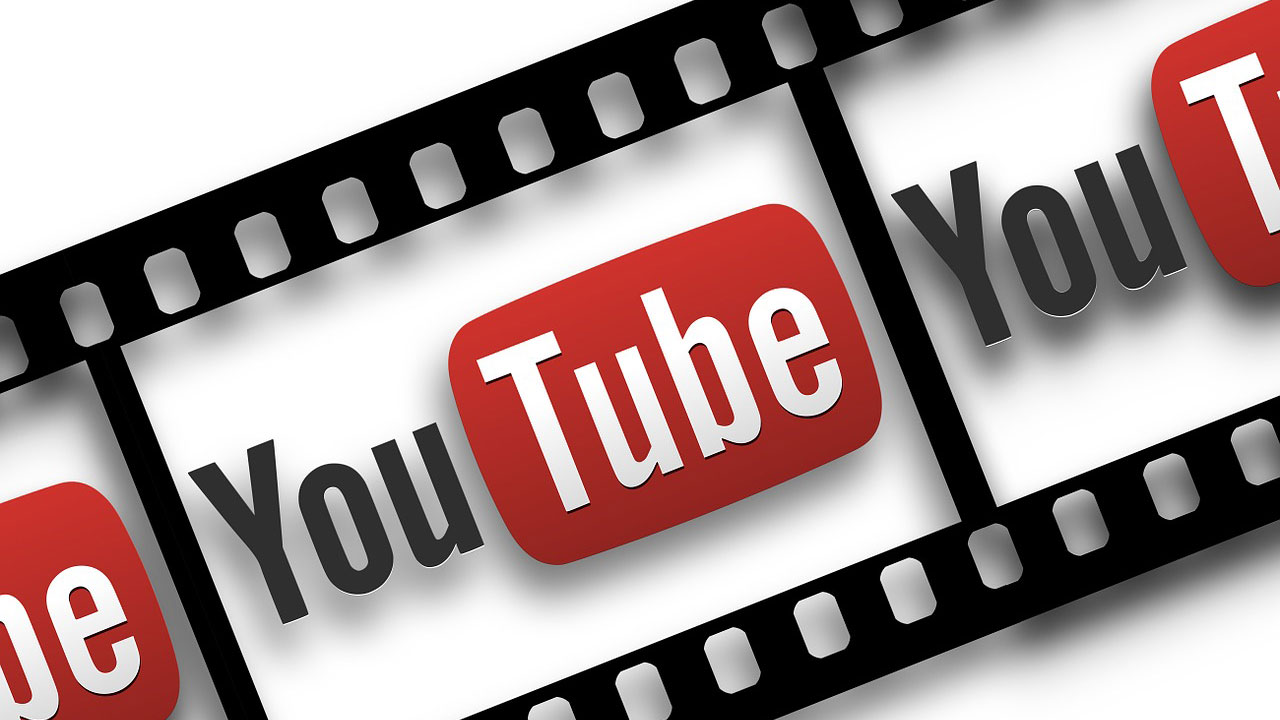Is It Better to Have One YouTube Channel or Multiple?

If you’re a content creator, then you’ve certainly been interested in starting a YouTube channel (if you haven’t got one already). Many people wonder whether it’s best to keep everything on a single channel, or should you create multiple channels. Having multiple channels makes it easier to divide content, but having a single channel can connect everything you’re doing in a single string of videos. There are pros and cons to both sides, and that’s the question we’ll be answering today: is it better to have one YouTube channel or multiple channels?
In the beginning, it’s best to stick to a single channel. Learning how to manage a single channel is difficult enough, and adding even more to the plate won’t do you any good. Once you’ve learned how to manage a single account, you’ll be knowledgeable enough to gauge whether it’s time to start another channel.
It’s in your best interest to be as effective as possible when you’re creating your content, and if creating another channel will only drag you down, then you shouldn’t start it yet. However, there are appropriate times when you can start a channel. This is the topic of today’s article, where we’ll be answering questions like: can a YouTube account have multiple channels, is it better to have a single YouTube channel or multiple channels, why do YouTubers have two (or more) channels, and how can you monetize two YouTube channels. Let’s get started!
Can a YouTube Account Have Multiple Channels?
Yes, a single YouTube can absolutely have multiple channels. We probably wouldn’t be writing this article if this weren’t true, actually. When YouTube was just starting out, you had to create a different account for every channel you wanted to start, but nowadays it’s much easier.
You can still do it the old-fashioned way, but there’s absolutely no need for that, so it’s best to start more channels from the same account.
Is It Better to Have One YouTube Channel or Multiple Channels?
This largely depends on two things; firstly – do you know how to manage two YouTube channels? Actually, scratch that – do you even know how to manage a single channel? If the answer to that question is no, then we have news for you: starting another channel isn’t going to do you any good.
Creating content and managing a single channel is difficult on its own account, let alone doing twice the work. When you’re creating content, you need to research, write, practice, record, and edit. Editing is the activity that takes away the largest portion of time from your daily schedule, and doing this for two different channels is living hell. So, if you don’t know how to manage a single channel, you should definitely put a pin in creating another channel – it can only go sour and there’s no way it’s going to go down well.
The second thing you should keep in mind when thinking about starting your second channel is: does my content really need that? If the channel you want to start is very similar to the channel you already have, then you probably shouldn’t start that channel.
The fact it – dividing channels will force you to lose connectivity with your viewers, and this may sometimes be worth it – you don’t want to be the creator behind DIY projects and hiking trips – that would make no sense. But if your channel’s covering hiking and you’re thinking about starting another channel just for camping – that makes very little sense.
However, if your company encompasses a wide range of topics, it’d maybe be best to separate the channels. BuzzFeed is famous for having several channels for different topics, successfully doing exactly what you were looking into. But, BuzzFeed is a massive company creating endless content and that move made a lot of sense when it was made.
Why Do YouTubers Have Two Channels?
There’s only one reason why YouTubers split their content into two or more channels – and that’s in order to keep their viewers, and gain new viewers.
Gaming channels are probably the most popular channels on YouTube, but the least watched videos from those channels are the videos the creators made about their personal lives. Viewers have proven that they have no intention of watching that. YouTubers split their channels in order not to alienate their viewers.
Secondly, a lot of viewers who were satisfied with their previous content will at the very least check out the new content on the new channel. Some will even like it and keep watching it alongside the original content – this means that they have just doubled the amount of likes and views, which is absolutely massive in that world.
This all ultimately leads to even more views, more content, more commercials, and ads, which earns the YouTubers more money. It’s that simple.
How Do I Monetize Two YouTube Channels?
When talking about monetization of your YouTube channels, it’s the same like monetization of a single YouTube channel. You need to create quality content for your viewers to enjoy, which will automatically affect your popularity. After becoming more popular, you’ll likely start to gain offers from various retailers and businesses to promote them, either by mentioning them in the video or posting a link in the description. You will also be paid by specific companies to show their adverts in the video, as well as being paid by Google themselves.
When you have two YouTube channels, it’s clear that you have the opportunity to double your profits this way. But, you need to be careful, managing more YouTube accounts is no easy task, as you probably already know how difficult it is to manage just one, and even though the idea of making more money may draw you in – if you’re not up for the task, you might be doing yourself a disservice.
